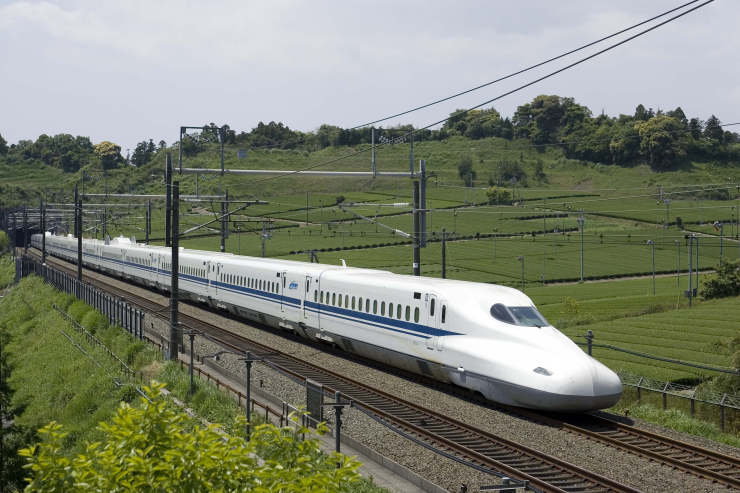The fate of a controversial high-speed train in Texas faces fresh uncertainty with the resignation of the CEO, a pending court ruling and a Spanish news report that the financing is "in hibernation."
Texas Central Partners CEO Carlos Aguilar announced his resignation Monday on LinkedIn following the Spanish news report, which also said the top management team has exited.
It’s the latest hurdle for what aims to be the nation’s first bullet train.
Aguilar’s resignation comes as the Texas Supreme Court is

Aguilar, who's held the top position since 2016, did not give a reason for his resignation in his LinkedIn message.
“Given news reports in the international press today, I am announcing my departure from Texas Central,” said Aguilar. “While I could not align our current stakeholders on a common vision for a path forward, I wish the project the greatest success and remain convinced of the importance of this venture for the safety and prosperity of ALL Texans.”
He said the project "was a most conscientious and complex endeavor, carefully addressing concerns from land owners, stakeholders, and providing opportunities to all sectors of our society, a FIRST for U.S. infrastructure."
The company laid off staff earlier this year, according to a report in Texas Rail Advocates.
The train, which promises a 90-minute trip between the Lone Star State's two largest cities using Japanese Shinkansen technology, is one of only a handful of high-speed rail projects under development in the U.S.
When first unveiled, in 2012, the Texas Central price tag came in at $10 billion, and was to be entirely privately funded. But the cost has since climbed to $30 billion, with the company saying it would need a $12 billion federal Railroad Rehabilitation and Improvement Financing program loan, which would mark the largest RRIF loan by more than five times.
Construction was set to begin last year, but the company has yet to submit applications for permits from the federal Surface Transportation Board or the Federal Railroad Administration, according to an amicus brief filed to the Texas Supreme Court by U.S. Reps. Kevin Brady, Jake Ellzey, and Michael McCaul, who urged the court to deny eminent domain authority.
The trio of House Republicans also argued that Texas Central would be ineligible for a RRIF loan because the project's reliance on the Shinkansen technology would violate federal Buy America rules.
Several cities support the project, including Dallas, Houston, Fort Worth and the Harris County Metropolitan Transit Authority, and Aguilar thanked those mayors in his message.
A group opposed to the train corridor, called ReRoute the Route, called the project "nearly insolvent," and said it had failed to raise 98% of the funding.
"This nearly insolvent project now seeks at least $12 billion in federal taxpayer-backed loans, but it violates many of President Biden’s environmental justice guidelines for federal financing and thus is ineligible for any federal loans, grants, credit, or other forms of taxpayer-backed financial assistance," a spokesperson said in an emailed statement. "The sooner this project shuts down completely, the better for Texas and taxpayers.”
A Texas Central spokesperson said that Aguilar’s departure would not impact the timing of the court's ruling, but declined to offer additional details, including whether other top executives have left.





